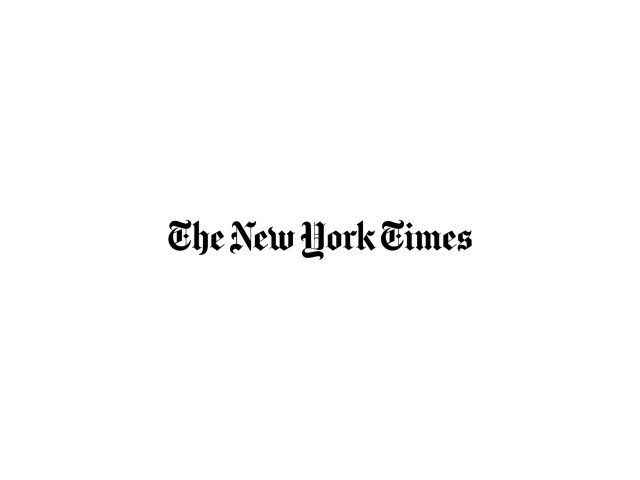Roughly four billion people have been told to stay in their homes, but some U.S. states have resisted. Employees at a stricken Texas nursing home worked at seven other facilities. Sailors cheered a captain removed from their ship after he raised the alarm on an outbreak onboard.
The Trump administration is deeply divided about whether to urge all Americans to wear masks when they leave their homes, with White House advisers and public health officials engaged in a debate that has stalled a public announcement that using them could prevent the spread of the coronavirus.
The deliberations, playing out as local officials in cities including Los Angeles and New York have counseled residents to begin covering their faces, reflect how health experts and government officials are trying to keep pace with the evolving science and public opinion surrounding a novel virus.
Top officials at the Centers for Disease Control and Prevention are pushing for President Trump to advise everyone — even people who appear to be healthy — to wear a mask when shopping at the grocery store or in other public places.
But some White House officials have resisted, according to a top C.D.C. official who has seen emails from people in the West Wing. The official said that people around Mr. Trump are pressing him to limit the mask-wearing guidance only to people in “areas of widespread transmission.”
That has some C.D.C. officials worried because the virus has already spread, largely undetected, to most parts of the country. Wearing masks everywhere, including in places where cases of the virus have not already spiked, could help slow the rate of infection significantly, some C.D.C. officials believe.
The issue took on greater public urgency this week, when officials said that as many as a quarter of those already infected may show no symptoms but still contribute to “significant” transmission.
The C.D.C. and the World Health Organization have not yet rewritten their advice — that masks are usually unnecessary — but some have also suggested that people could justify donning facial coverings.
At a W.H.O. briefing on Friday, Dr. Michael J. Ryan, executive director of the health emergency program, said that while the agency still recommended masks only for front line health workers and those who are sick or caring for the sick, “we can certainly see circumstances in which the use of masks, both homemade or cloth masks, at community level may help in an overall comprehensive response to this disease.”
Some officials fear that a broad recommendation that Americans wear masks would raise demand for supplies that are already dwindling, or inadvertently signal that it’s all right to abandon social distancing and return to public life as long as you are wearing a mask.
“We don’t want people to feel like, ‘Oh, I’m wearing a mask. I’m protected and I’m protecting others,’” Deborah Birx, the coordinator of the White House coronavirus response, said on Thursday.
Evidence for the use of face masks in limiting the spread of the virus has been mounting. In a study published Friday in the journal Nature, researchers found that flat surgical face masks significantly reduced the number of virus-carrying droplets that mask wearers released into the surrounding air.
Although the study did not look at the new coronavirus, researchers in Hong Kong based their analysis on closely related seasonal coronaviruses that cause the common cold and are similar in size to the new coronavirus.
The U.S. on Friday moved to ease shortages of masks for health care workers when the Food and Drug Administration said it would allow the use of KN95 masks. The masks meet nearly identical specifications to the N95 masks that American health care professionals use, but they are regulated by the Chinese government instead of the American agency.
Font: The New York Times
